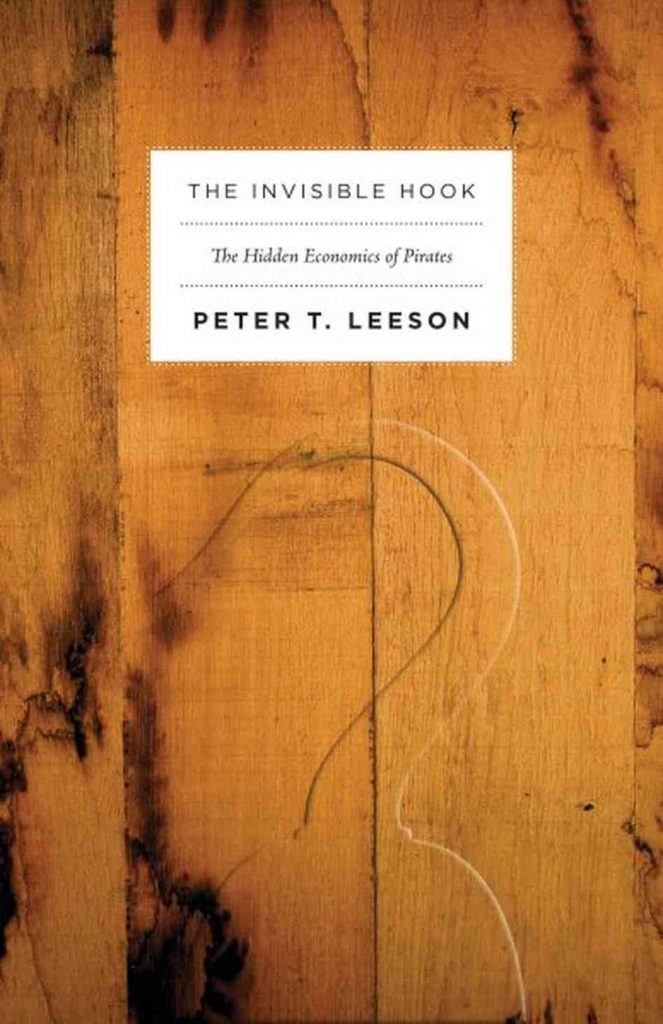
“All pirates are thugs, and the world would be better off without them. But not all pirates are equal. Unlike their Somali successors, early 18th century pirates, men like Blackbeard, “Black Bart” Roberts, and “Calico” Jack Rackam, weren’t only thieves. They were also early experimenters with some of the modern world’s most cherished values, such as liberty, democracy, and equality.
At a time when the legitimate world’s favored system of government was unconstrained monarchy, early 18th-century pirates were practicing constitutional democracy. Before setting sail each would-be pirate crew drew up and agreed to a set of written rules that governed them. These rules regulated gambling, smoking, drinking, the adjudication of conflicts, and in some cases even prohibited harassing members of the fairer sex.
18th-century pirate constitutions established democratic governance for their roguish commonwealths. Crewmembers elected their captains by popular vote and democratically removed captains who dared to misuse their power. Because of this surprising system, far from tyrannical, the average 18th-century pirate captain was a dutiful, elected executor of his constituents’ will.”
Revealing the democratic and economic forces propelling history’s most colorful criminals, The Invisible Hook establishes pirates’ trailblazing relevance to the contemporary world.
– “MIT Sloan Management Review”
Peter Leeson is an economics professor
at George Mason University and author of
The Invisible Hook: The Hidden Economics of Pirates
https://en.m.wikipedia.org/wiki/The_Invisible_Hook
https://www.npr.org/2009/04/10/102961315/
in-defense-of-pirates-the-old-time-ones
https://www.goodreads.com/book/show/5999777-the-invisible-hook



